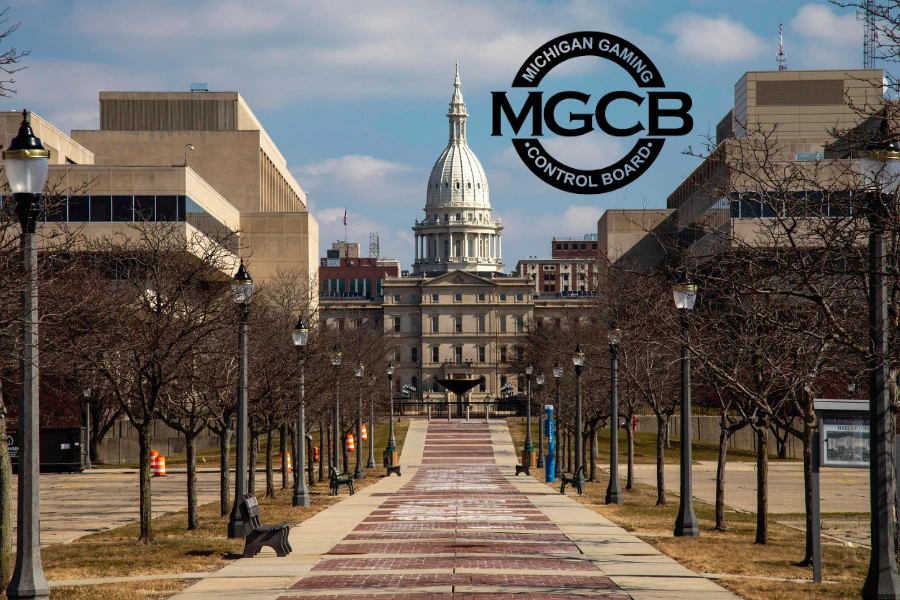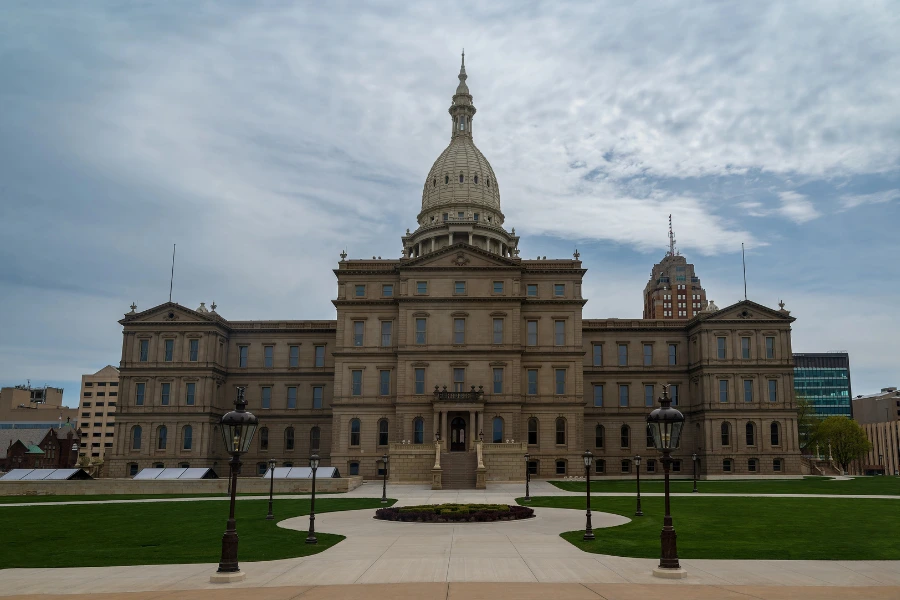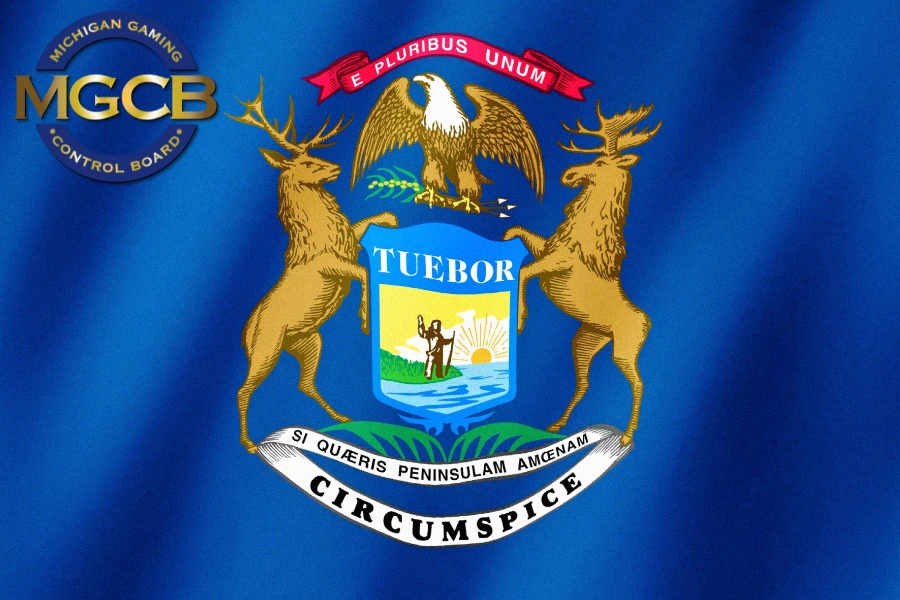The Michigan Gaming Control Board (MGCB) sent a cease-and-desist letter to Papaya on October 3, 2024, accusing the company of running illegal gambling activities through its mobile apps.
Papaya, known for its popular games like 21 Cash, Solitaire Cash, Bingo Cash, and Bubble Cash, allows players to stake real money in skill-based contests. However, Michigan law requires MI online casinos to hold proper licensing, something Papaya lacks.
Cease-and-Desist and Legal Threats
The MGCB’s decision to send the cease-and-desist letter followed an investigation that began after an anonymous tip about Papaya’s operations. The investigation determined that the mobile apps violated several Michigan laws, including the Lawful Internet Gaming Act, the Michigan Gaming Control and Revenue Act, and the Michigan Penal Code.
These laws strictly regulate gambling activities, and any unlicensed operation involving real money and games of chance or skill is considered illegal.
“The Michigan Gaming Control Board firmly believes in a regulated and safe gaming environment,”
MGCB Executive Director Henry Williams stated.
“Illegal gambling is not tolerated in Michigan, and we will take all necessary actions to protect our residents from such unlawful practices.”
Papaya Gaming was given 14 days from the date of the letter to comply or face further legal action, which could include significant fines or even criminal charges under Michigan law.
Papaya Gaming Responds
Papaya Gaming has denied the accusations, maintaining that its operations comply with all applicable laws in the jurisdictions where it operates.
The company released a statement shortly after the cease-and-desist letter was made public, saying,
“We are reviewing the letter. Papaya complies with all applicable laws and regulations in the jurisdictions in which it operates. We look forward to addressing the matter in due course with the Michigan Gaming Control Board. We are confident that Papaya will continue to present lawfully in Michigan.”
This isn’t Papaya’s first brush with legal trouble. The company is already embroiled in a separate lawsuit with competitor Skillz, which accused Papaya of using computer bots in its games to deceive players into believing they were competing against real opponents.
This federal case, currently underway in New York, includes allegations that echo those made by customers in a class-action lawsuit. Papaya, however, has consistently denied these claims, accusing Skillz of launching a smear campaign to undermine its business.
Michigan’s Broader Fight Against Illegal Gaming
Papaya is just the latest target in Michigan’s ongoing fight against illegal gaming operators. Earlier in 2024, the MGCB took action against other companies, including Bovada Gaming and One Country Give, both of which were accused of operating unlicensed gambling platforms.
The crackdown is part of a broader effort to protect the state’s regulated gaming market and ensure that consumers are safeguarded from unfair practices and can gamble responsibly in Michigan.
In July, the MGCB also took a firm stance against gray machines — skill games that resemble slot machines — at brick-and-mortar locations across Michigan. The regulator insisted that these machines, despite their claims of being skill-based, operate in a manner similar to illegal slot machines, determining winnings based on chance rather than skill.
The state’s goal is to eliminate any unregulated gaming activity that could hurt consumers or siphon off potential tax revenue.
The MGCB is poised to take legal action if the company fails to cease its operations. With Michigan regulators ramping up efforts to shut down illegal gaming activities, Papaya’s future in the state remains uncertain. Whether through fines or a complete shutdown, Michigan’s message is clear: unauthorized gambling will not be tolerated.




